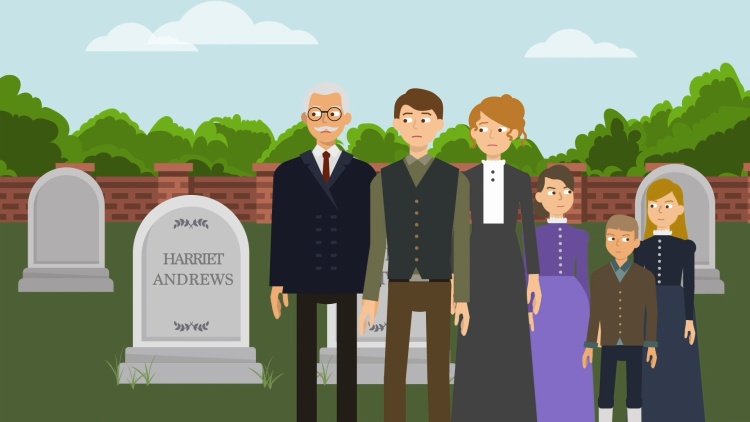Andrews v. Andrews
Washington Supreme Court
199 P. 981 (1921)
- Written by Maggy Gregory, JD
Facts
A.D. Andrews (plaintiff) was the son of Joshua Andrews and Harriet Andrews. When Harriet Andrews became ill, she and Joshua lived with A.D. and his wife, who together cared for Harriet until Harriet's death. Harriet made a will bequeathing all of her property to her husband Joshua, then to A.D. at Joshua's death. A.D. alleged that he and Joshua had agreed that, in exchange for continuing to care for Joshua for the rest of his life, Joshua would leave A.D. all of Joshua's property at the time of Joshua's death. Joshua continued to live with and be cared for by A.D. and his wife for three more years. When A.D. and his wife moved to Nome, Alaska, they made provisions for Joshua to live with and be cared for by them, but Joshua refused to move to their new home. Joshua subsequently remarried the second Mrs. Andrews (defendant) and executed a will and codicil that provided A.D. with substantially all of Joshua’s estate, but those documents were deemed invalid because of faulty execution. A.D. sued to establish that, pursuant to his agreement with Joshua, A.D. was entitled to all of Joshua's estate under a valid, fully performed oral contract. The trial court determined that A.D.'s wife was an interested party, because any property that Joshua was entitled to under any oral contract was community property. A.D.'s wife’s testimony regarding the existence of the agreement with the decedent was excluded by the trial court on account of her status as an interested party. The trial court subsequently dismissed the matter, and A.D. appealed.
Rule of Law
Issue
Holding and Reasoning (Bridges, J.)
What to do next…
Here's why 907,000 law students have relied on our case briefs:
- Written by law professors and practitioners, not other law students. 47,100 briefs, keyed to 996 casebooks. Top-notch customer support.
- The right amount of information, includes the facts, issues, rule of law, holding and reasoning, and any concurrences and dissents.
- Access in your classes, works on your mobile and tablet. Massive library of related video lessons and high quality multiple-choice questions.
- Easy to use, uniform format for every case brief. Written in plain English, not in legalese. Our briefs summarize and simplify; they don’t just repeat the court’s language.





